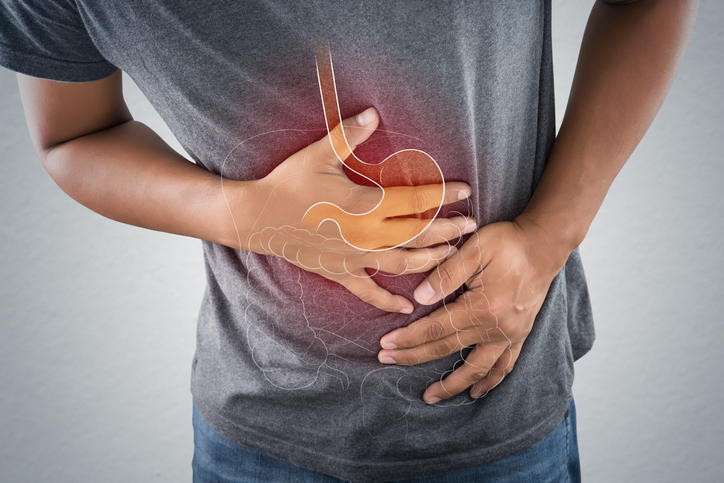
Crohn’s disease is an inflammatory bowel disease that can affect any part of the digestive tract. Since the symptoms are very similar to other intestinal disorders such as ulcerative colitis or irritable bowel syndrome, Crohn’s disease can be hard to diagnose.
Symptoms include rectal bleeding, weight loss, abdominal pain and diarrhea. Causes for Crohn’s disease has not been proven but there are some theories. One theory is that Crohn’s is caused by the body’s immune system reacting to a virus or bacterium that causes an ongoing inflammation throughout the intestine.
Some complications from Crohn’s disease include blockage of the intestine, sores, ulcers, nutritional deficiencies, arthritis, and skin problems. Some of these complications can be resolved through treatment for disease in the digestive system while the others must be treated separately.
Treatment involves drugs, nutrition supplements, or surgery. Treatment depends on different factors including location, complications, and response from previous treatments. The goal is to control inflammation, correct nutritional deficiencies and relieve pain. As of right now, even though there are many treatments that can help relieve the complications, the disease is currently not curable.
Read more about Crohn’s disease


